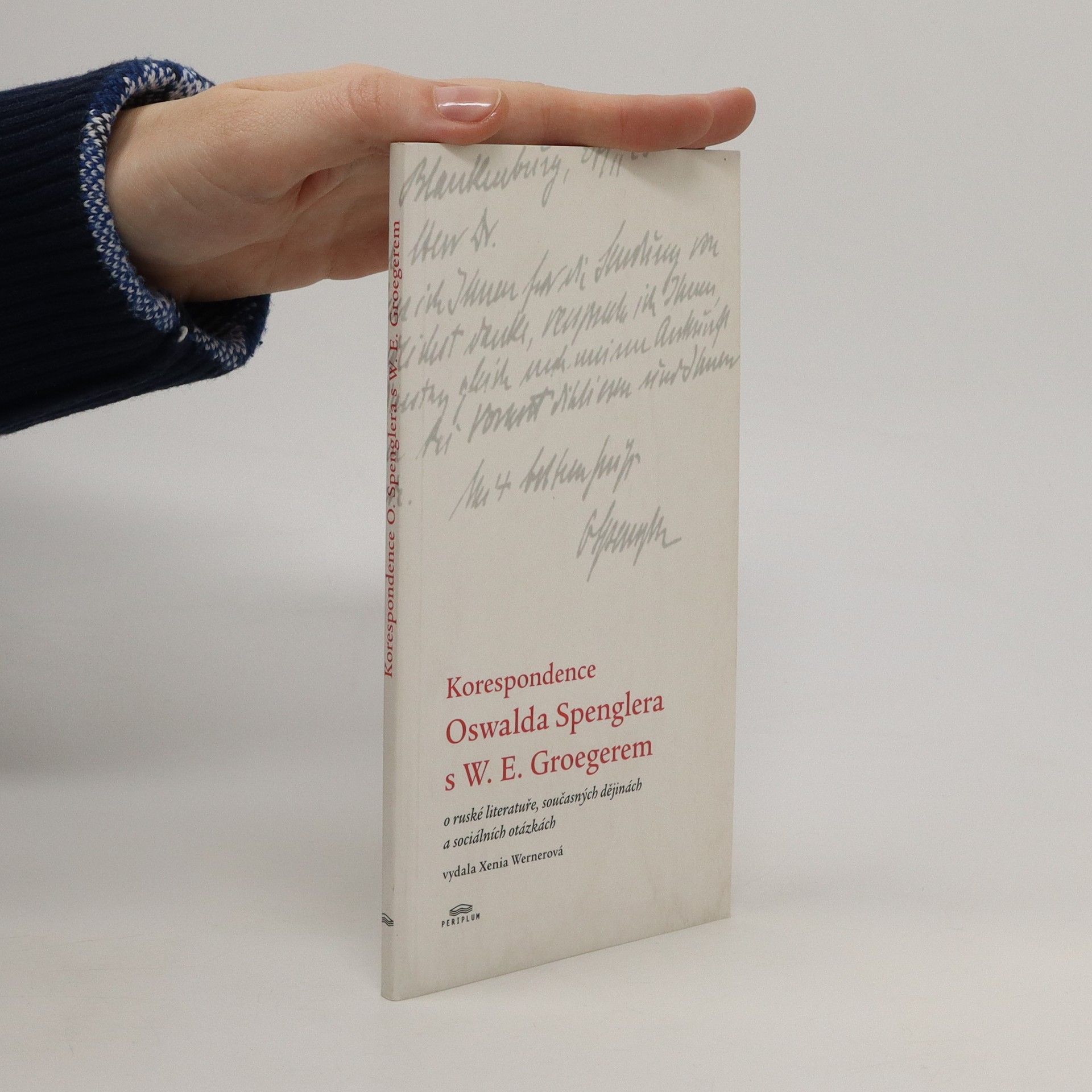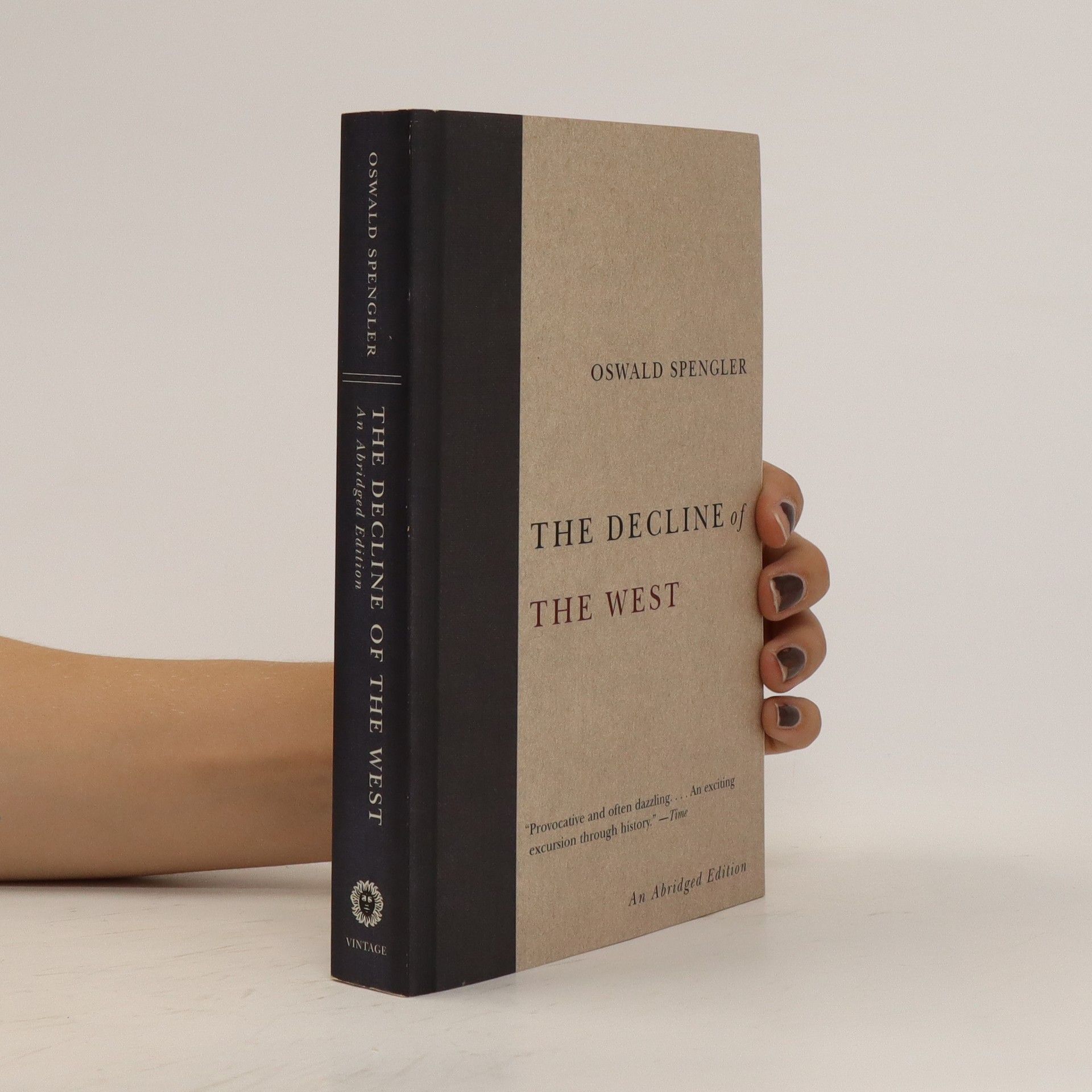Myšlenky
- 226 stránok
- 8 hodin čítania
Pilíř, o nějž se lze opřít v otřásajících se časech zániku Západu a jeho přeměny ve světovou civilizaci všech kultů a ras. Kniha obsahuje: vedle 370 výroků o pojmech, majících ve Spenglerově myšlení zásadní význam, jako např. osobnost, dějiny, válka, právo, stát, tradice atd., vpůvodním výboru správkyně autorovy – do té doby z valné části nezveřejněné – pozůstalosti, též rozsáhlý překladatelský a redakční výběr z knih Preussentum und Sozialismus a Jahre der Entscheidung s aktuálními poznámkami a vysvětlivkami, jakož i úplnou, komentovanou bibliografii nakladatelství Délský Potápěč.






